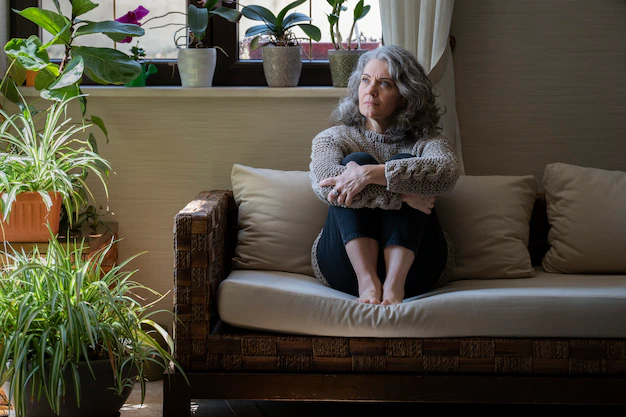Depression in Older Adults

Depression is a common mental health condition that can affect people of all ages. In older adults, however, depression can be especially concerning because it is often underdiagnosed and undertreated. This is partly because depression in older adults can present differently than it does in younger adults, making it more difficult to identify.
Some of the symptoms of depression in older adults can include:
- Sadness or a persistent feeling of emptiness
- Loss of interest in hobbies and activities
- Loss of appetite or weight loss
- Difficulty sleeping or excessive sleeping
- Loss of energy or fatigue
- Difficulty concentrating or making decisions
- Feelings of worthlessness or guilt
- Thoughts of death or suicide
It’s important to note that depression is not a normal part of aging, and older adults should not be expected to simply “get over it” or “tough it out.” Depression is a treatable condition, and seeking help is the first step to recovery.
Treatment for depression in older adults may include medication, psychotherapy, or a combination of both. It’s important for older adults to work with a mental health professional who has experience treating depression in this population, as they may face unique challenges related to physical health, social isolation, and other factors.
